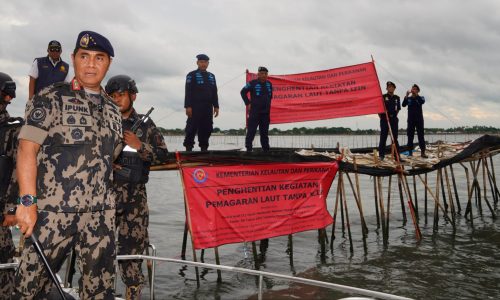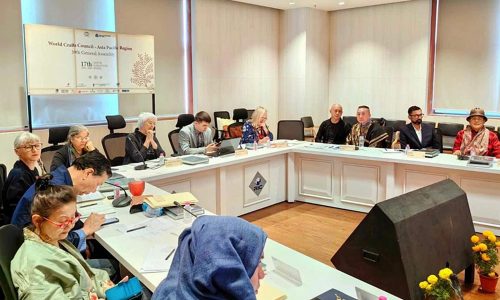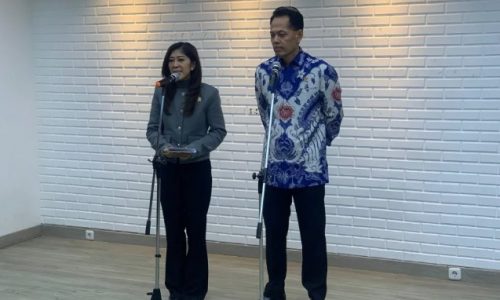Alexander Marwata, Deputy Chairman of the Corruption Eradication Commission (KPK), has admitted his personal failure in combating corruption during his eight-year tenure at the anti-graft agency.
He highlighted various issues ranging from regulatory to human resources challenges that have hindered the KPK’s effectiveness.
In a hearing with the House of Representatives’ (DPR) Commission III in Jakarta on Monday, July 1, 2024, Alex openly acknowledged his inability to effectively address corruption.
“I must personally admit that in my 8 years at the KPK, if asked whether I have succeeded, I won’t hesitate to say I have failed to eradicate corruption,” he said.
Alex outlined several challenges faced by the KPK, including issues related to regulations and human resources. He lamented the structural inefficiencies, noting that unlike countries like Singapore and Hong Kong, which have a single agency dedicated to handling corruption, Indonesia has three bodies involved in anti-corruption efforts: the KPK, the police (Polri), and the attorney general’s office.
“Both the old and new KPK laws include coordination and supervision functions, but I must tell you that these functions are not working well,” Alex remarked.
He pointed out the persistent problem of sectoral ego, which hinders cooperation.
“For example, if we arrest a prosecutor, the attorney general’s office might suddenly shut down coordination and supervision channels. The same can happen with the police,” he added.
Alex emphasized that this fragmented approach poses a significant challenge for future anti-corruption efforts.
“I’m worried that with this mechanism, to be honest, I’m not confident that we will succeed in eradicating corruption,” he concluded.









